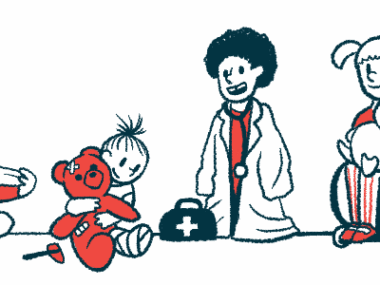Phase 2 Pitolisant Study Makes It Easier for Patients to Participate
Written by |

Recent changes to a Phase 2 clinical trial of the oral medicine pitolisant to treat excessive daytime sleepiness will make it easier for people with Prader-Willi syndrome (PWS) to participate in the study, according to an announcement from the Foundation for Prader-Willi Research.
“In addition to evaluating the safety of Pitolisant and its effectiveness in treating excessive daytime sleepiness, the trial will measure how Pitolisant affects learning, attention, memory, and hunger,” the foundation stated.
The Phase 2 trial (NCT04257929), which launched in 2020, is planning to enroll 60 people, ages 6 to 65, with a confirmed diagnosis of PWS.
Harmony Biosciences, the company sponsoring the trial, recently announced three changes to the study protocol that are expected to make it easier to participate. First, the study will no longer require any overnight or daytime sleep studies. Second, it is allowing screening visits to be performed remotely, and third, there will be greater flexibility for conducting visits remotely during the study.
To be eligible, participants must have a caregiver-reported history of unusual sleepiness during the day despite getting adequate sleep at night. Participants also must have a caregiver who is willing and able to complete the required study assessments.
Recruitment is ongoing at more than a dozen locations across the U.S.
Participants in the double-blind study will randomly be assigned to receive a high or low dose of pitolisant, or a placebo, taken once daily in the morning for 11 weeks. In the first three weeks, the dosage will be gradually increased (titrated) to the final dose, which is tailored based on patient age.
Those who finish the 11-week double-blind portion of the study will have the opportunity to enroll in an open-label extension, where all will be given pitolisant at the highest dose allowed for their age group (after a three-week titration).
Participation in the trial lasts about four months in total, and includes five visits. Two of the study visits have the option of being done from home.
Harmony hosted a 30-minute webinar last month detailing what participants in the trial can expect.
Pitolisant is currently approved, under the brand name Wakix, to treat excessive daytime sleepiness and cataplexy (sudden loss of muscle tone caused by strong emotion) in adults with narcolepsy. The medication is believed to work by increasing the release of histamine in the brain, which promotes wakefulness.







